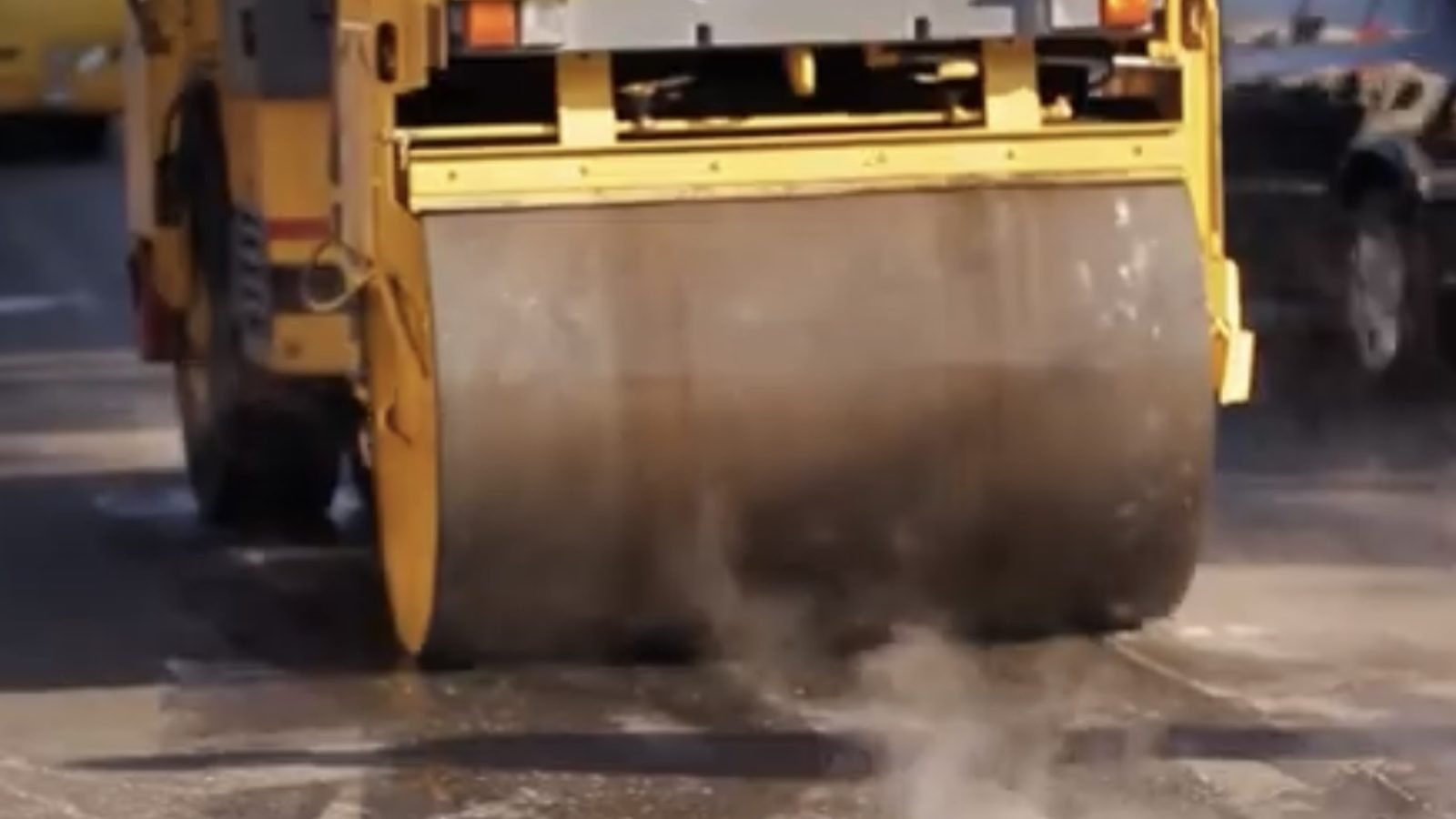The Environmental Protection Agency (EPA) has approved a pilot project that will allow a company to construct a road out of radioactive material.
The approval allows Mosaic Fertilizer, LLC to build a small road made of phosphogypsum on its property in New Wales, Florida.
EPA approves pilot project to make road out of radioactive material in Florida https://t.co/Ah3KoZnOQF
— Michael D Coe (@Michael_D_Coe) December 26, 2024
“The Environmental Protection Agency (the EPA or the Agency) has approved, subject to certain conditions, the request for a ‘Small-scale Road Pilot Project on Private Land in Florida’ submitted by Mosaic Fertilizer, LLC in March 2022, and updated by the ‘Revised Request for Approval of Use of Phosphogypsum in Small-scale Pilot Project’, submitted in August 2023,” a Federal Register notice read.
“The Agency’s review found that Mosaic’s request is complete per the requirements of EPA’s National Emissions Standards for Hazardous Air Pollutants under the Clean Air Act, and that the potential radiological risks from conducting the pilot project meet the regulatory requirement that the project is at least as protective of public health as maintaining the phosphogypsum in a stack,” it continued.
EPA approves road construction project in Florida that will use radioactive byproduct
– Environmental groups criticize EPA decision on pilot project using phosphogypsumhttps://t.co/pz2lTy29lO pic.twitter.com/erEiXBkWgJ— TechSpot (@TechSpot) December 25, 2024
The Hill reports:
Phosphogypsum contains radium, which decays to form radon gas, both of which are radioactive and can cause cancer, according to the agency.
ADVERTISEMENTIn the past, the agency has raised concerns about the use of this material in road building. It said in 1992 that use of phosphogypsum in road construction created risks for both construction workers and also anyone who later builds a home where the phosphogypsum road had once been.
The agency now says that members of the public are not expected to come into contact with the road.
However, Mosaic, which will build the road, has described the effort as part of a pilot project that will “demonstrate the range of … road construction designs.” It’s not clear if additional road construction will follow — though doing so would likely require further approvals.
Ragan Whitlock, an attorney with the Center for Biological Diversity, said in a written statement that the EPA’s decision was “mind-boggling.”
EPA backs controversial pilot project to use radioactive material in Florida road project https://t.co/fj1RFkgd69 pic.twitter.com/wnoQ72JOov
— Orlando Sentinel (@orlandosentinel) December 20, 2024
“That dramatically increases the potential for harm to our road crews and water quality,” Whitlock said.
“The EPA has bowed to political pressure from the phosphate industry and paved the way for this dangerous waste to be used in roads all over the country,” Whitlock added.
From the Federal Register:
Phosphogypsum is the waste byproduct of wet acid phosphorous production. It contains elevated concentrations of the radionuclide radium, which decays to form radon gas. The EPA’s regulations under the Clean Air Act at 40 CFR part 61, subpart R (hereafter “Subpart R”) require that phosphogypsum must be disposed of in engineered piles, called stacks, to limit public exposure to its radioactive components. Subpart R allows the removal of phosphogypsum from stacks for outdoor agricultural purposes and indoor research and development, subject to conditions and restrictions. Any other use of phosphogypsum requires prior approval from the EPA. The EPA may approve a request for a specific use of phosphogypsum if it determines that the proposed use is at least as protective of public health as placement of phosphogypsum in a stack. The processes for requesting such an approval are described in 40 CFR 61.206.
Mosaic Fertilizer, LLC submitted a request for a Small-scale Road Pilot Project on Private Land in Florida in March 2022, and submitted a Revised Request for Approval of Use of Phosphogypsum in Small-scale Pilot Project in August 2023. Mosaic has proposed to construct a small-scale pilot project at its New Wales facility in Polk County, Florida. Mosaic’s plan is to construct four sections of test road having varying mixtures of phosphogypsum (PG) in the road base “to demonstrate the range of PG road construction designs that meet the Florida Standard Specifications for Road and Bridge construction” (Request for Approval of Additional Uses of Phosphogypsum Pursuant to 40 CFR 61.206, Small-scale Road Pilot Project on Private Land in Florida). The pilot project will be constructed in the place of an existing facility road near the phosphogypsum stack, and the study will be conducted in conjunction with researchers from the University of Florida.
ADVERTISEMENT
This is a Guest Post from our friends over at 100 Percent Fed Up.



Join the conversation!
Please share your thoughts about this article below. We value your opinions, and would love to see you add to the discussion!